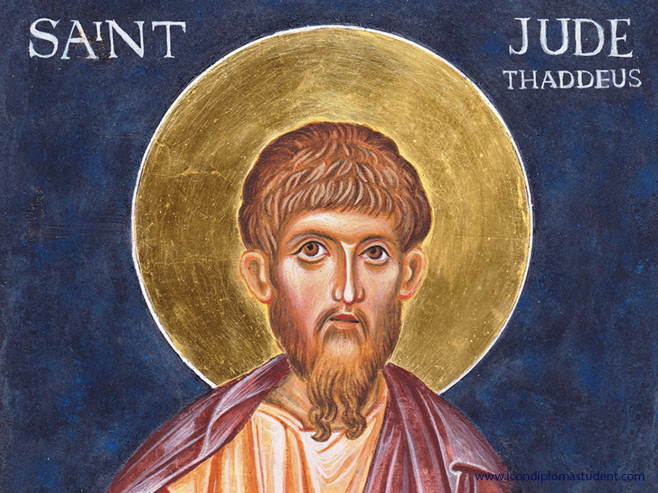 Today is the feast of The Holy Apostle Jude
Today is the feast of The Holy Apostle Jude
“Whoever has my commandments and observes them is the one who loves me. And whoever loves me will be loved by my Father, and I will love him and reveal myself to him.” Judas, not the Iscariot, said to him, “Master, then what happened that you will reveal yourself to us and not to the world?” Jesus answered and said to him, “Whoever loves me will keep my word, and my Father will love him, and we will come to him and make our dwelling with him” (John 14:21-23).
Have we ever been mid-identified to our embarrassment? The Apostle Jude has one line in the Gospels, “Master, then what happened that you will reveal yourself to us and not to the world?” but in asking this question he is identified by who he is not: “Judas, not the Iscariot.” Perhaps then it is fitting that Jesus answered Judas with words of God’s love, that to those who love him by keeping his commandments, “my Father will love him, and we will come to him and make our dwelling with him.
In every Liturgy, we pray that we not “give you a kiss as did Judas,” but that we not be like Judas Iscariot, but like Judas, the Lord’s faithful brother, that God may dwell in us. We must hear the words written by the disciple who did not betray Jesus, “But you, beloved, build yourselves up in your most holy faith; pray in the holy Spirit. Keep yourselves in the love of God and wait for the mercy of our Lord Jesus Christ that leads to eternal life.” (Jude 20-21).
Meditation by Archpriest David Petras
#ByzantineCatholicNewHaven
#stmichaelnewhaven
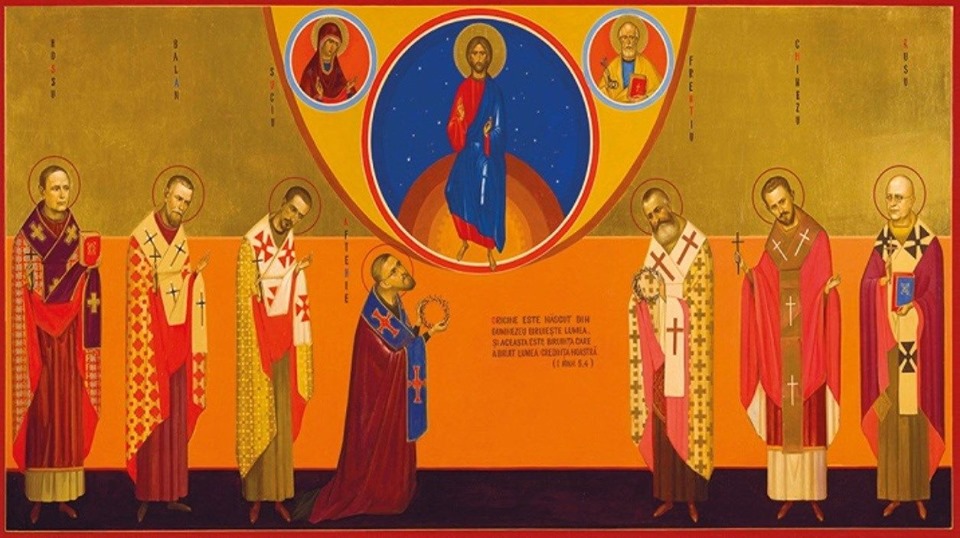 Icon of the seven newly beatified Romanian Greek-Catholic Hieromartyrs:
Icon of the seven newly beatified Romanian Greek-Catholic Hieromartyrs: Over the last fifty-some days, we have celebrated the Paschal mystery – the central mystery of our faith, from our Lord’s crucifixion, resurrection, ascension to his sending the Holy Spirit on his followers. This Sunday, after all that has been proclaimed, we add a great “Amen!” “So be it!” This “Amen” will be great only if we make it more than just words but also actions. The Holy Spirit came upon the disciples that they might be witnesses to the Paschal mystery – our Lord’s death and resurrection, and the Greek word for “witness” is “martyr.”
Over the last fifty-some days, we have celebrated the Paschal mystery – the central mystery of our faith, from our Lord’s crucifixion, resurrection, ascension to his sending the Holy Spirit on his followers. This Sunday, after all that has been proclaimed, we add a great “Amen!” “So be it!” This “Amen” will be great only if we make it more than just words but also actions. The Holy Spirit came upon the disciples that they might be witnesses to the Paschal mystery – our Lord’s death and resurrection, and the Greek word for “witness” is “martyr.”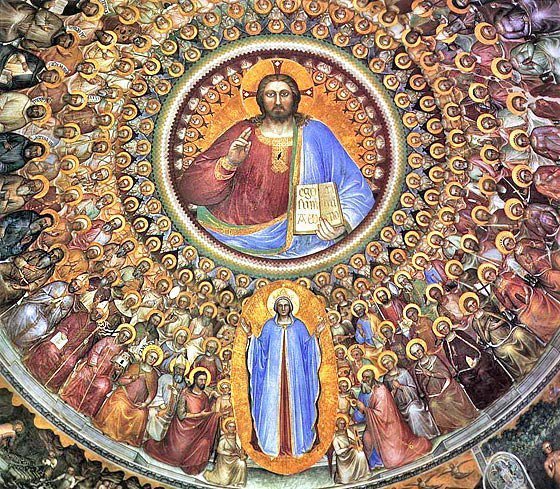 The Greek Church celebrates the great company of saints today. The Latin Church celebrates All Saints on November 1.
The Greek Church celebrates the great company of saints today. The Latin Church celebrates All Saints on November 1.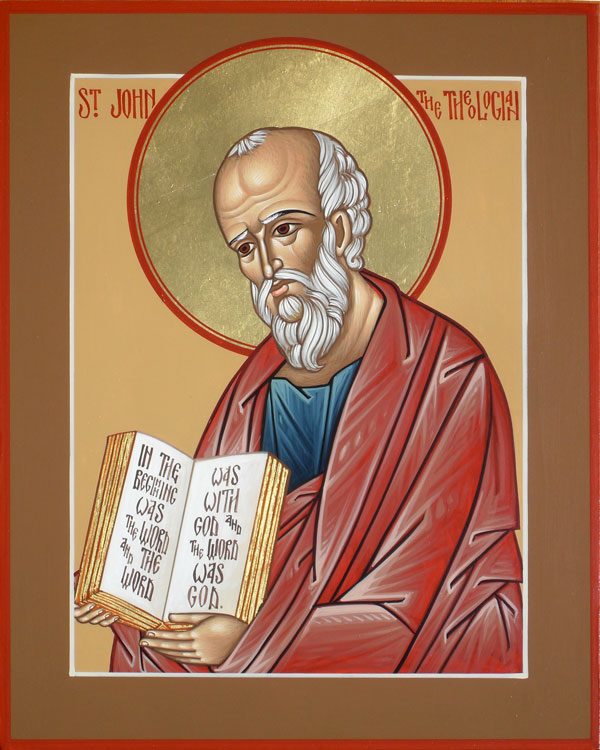 On May 8, we celebrate one of the two feasts of the Holy Apostle and Evangelist John, the brother of James. The other is on September 26, the day of his falling asleep. The fourth Gospel is attributed to John, and we can truly call it a “theo-logical,” for it witnesses most clearly to the mystery of the Incarnation, of the Word of God taking flesh in the womb of the Holy Theotokos for our salvation. It is the most sublime Gospel, and it gave John the title “Theologian.” The Byzantine Church gives this gospel a certain priority, and it is read in the most joyful and glorious time of the year, from Pascha to Pentecost. This Gospel is the very essence of the apostolic witness, through which we come to faith in Christ, as indeed John foretold, when the risen Jesus says to Thomas, “Blessed are those who have not seen and have believed,” (John 20:29) because we have all heard of the divinity of the Lord through the witness of the apostles.
On May 8, we celebrate one of the two feasts of the Holy Apostle and Evangelist John, the brother of James. The other is on September 26, the day of his falling asleep. The fourth Gospel is attributed to John, and we can truly call it a “theo-logical,” for it witnesses most clearly to the mystery of the Incarnation, of the Word of God taking flesh in the womb of the Holy Theotokos for our salvation. It is the most sublime Gospel, and it gave John the title “Theologian.” The Byzantine Church gives this gospel a certain priority, and it is read in the most joyful and glorious time of the year, from Pascha to Pentecost. This Gospel is the very essence of the apostolic witness, through which we come to faith in Christ, as indeed John foretold, when the risen Jesus says to Thomas, “Blessed are those who have not seen and have believed,” (John 20:29) because we have all heard of the divinity of the Lord through the witness of the apostles.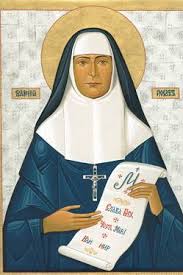 The Synod of Bishops of the Ukrainian Catholic Church have designated April 7, 2019 – April 7, 2020 as a special Jubilee Year marking the 100th Anniversary of the passing into eternal life of
The Synod of Bishops of the Ukrainian Catholic Church have designated April 7, 2019 – April 7, 2020 as a special Jubilee Year marking the 100th Anniversary of the passing into eternal life of 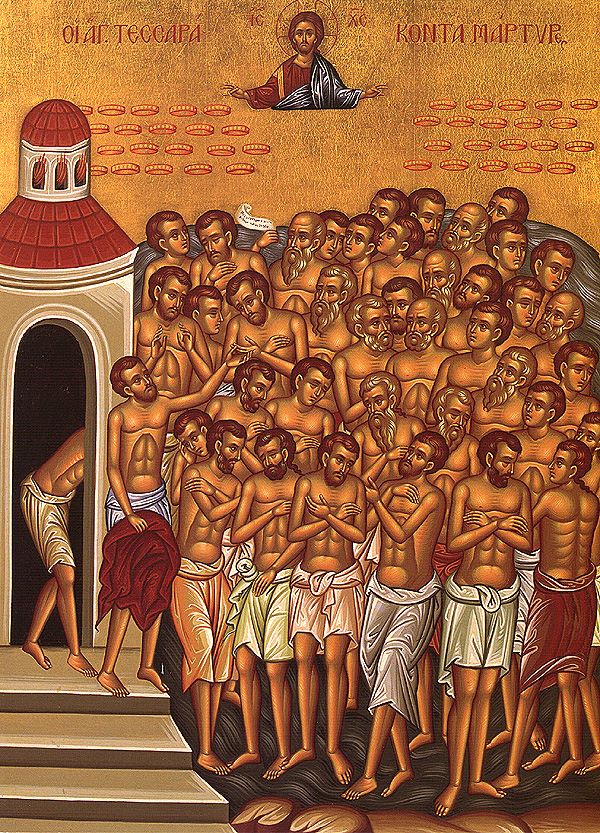 Today we celebrate the forty martyrs of Sebaste, witnesses to Jesus Christ as Lord and Savior.
Today we celebrate the forty martyrs of Sebaste, witnesses to Jesus Christ as Lord and Savior.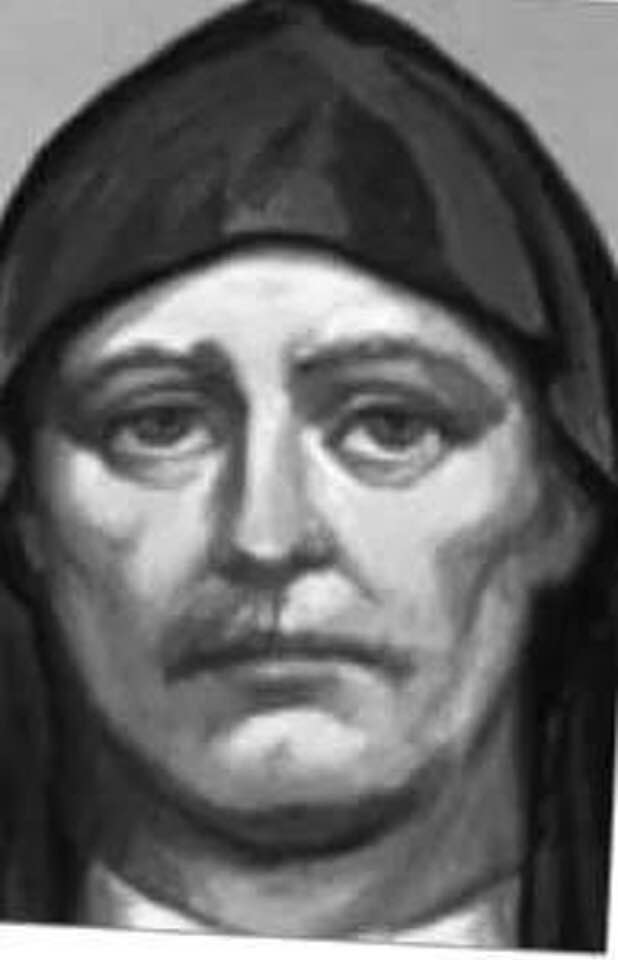 It was on this date in 1907, that Father Vitaliy Bayrak was born. He was a Ukrainian Greek Catholic Basilian priest.
It was on this date in 1907, that Father Vitaliy Bayrak was born. He was a Ukrainian Greek Catholic Basilian priest.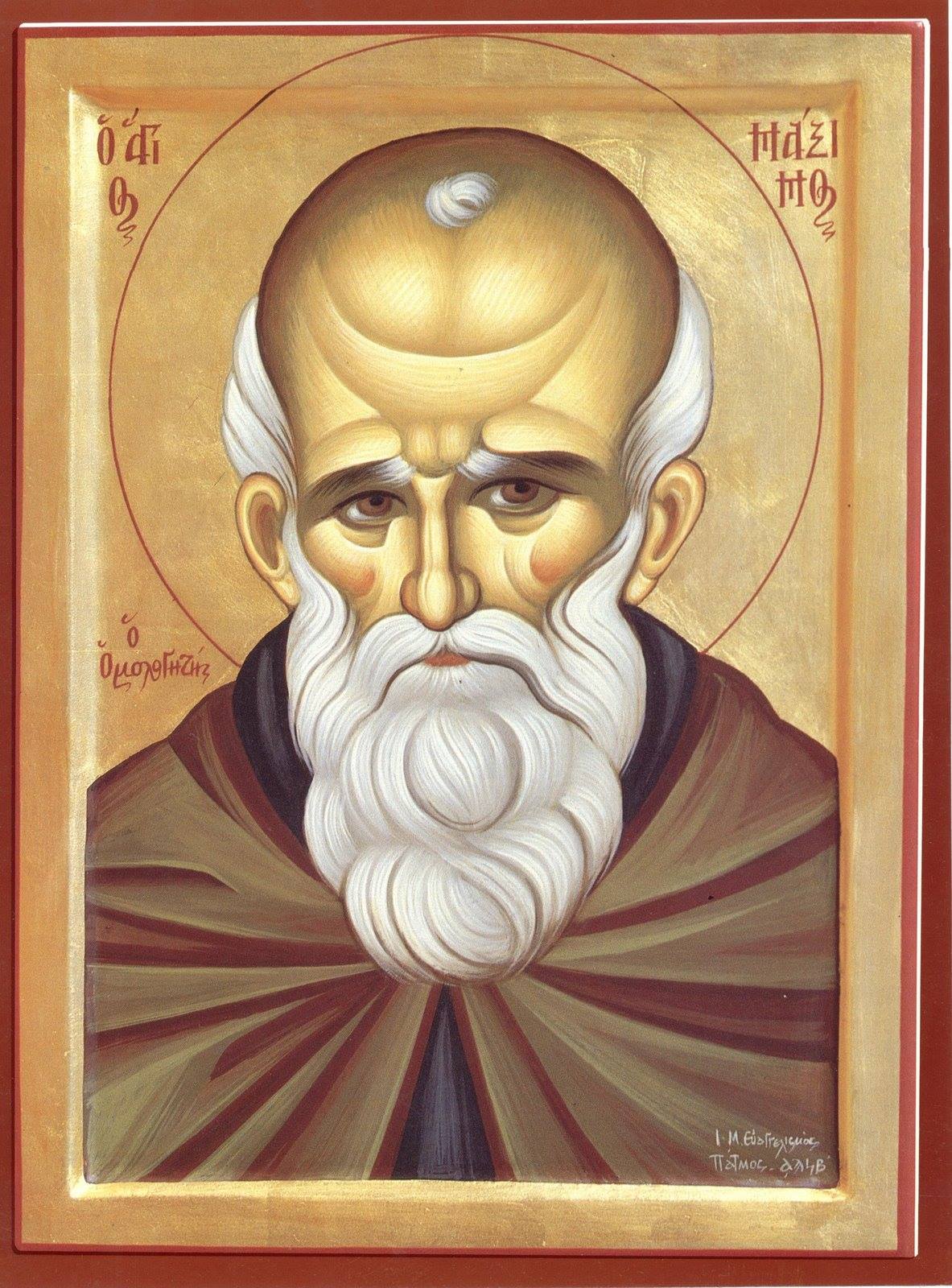 Father John Meyendorff called St. Maximus the Confessor the “Father of Byzantine Theology.” Though he lived long after the Council of Chalcedon, he perhaps drew out the full importance of its confession that Jesus, the Son of God was one in essence with the Father, and yet also united in essence with us in his human nature. Here we see what the gospel stories of Christ’s birth and baptism are truly revealing to us. We call the incarnation, the assumption of the Word of God of human nature, a mystery. This is because we cannot wrap our human minds around this theological reality. To form mental concepts, which we might call “ideologies” are dangerous because they skew the reality. Before Maximus, some theologians put so much emphasis on Christ’s humanity that his divinity was compromised (for example, Arianism or Nestorianism).
Father John Meyendorff called St. Maximus the Confessor the “Father of Byzantine Theology.” Though he lived long after the Council of Chalcedon, he perhaps drew out the full importance of its confession that Jesus, the Son of God was one in essence with the Father, and yet also united in essence with us in his human nature. Here we see what the gospel stories of Christ’s birth and baptism are truly revealing to us. We call the incarnation, the assumption of the Word of God of human nature, a mystery. This is because we cannot wrap our human minds around this theological reality. To form mental concepts, which we might call “ideologies” are dangerous because they skew the reality. Before Maximus, some theologians put so much emphasis on Christ’s humanity that his divinity was compromised (for example, Arianism or Nestorianism).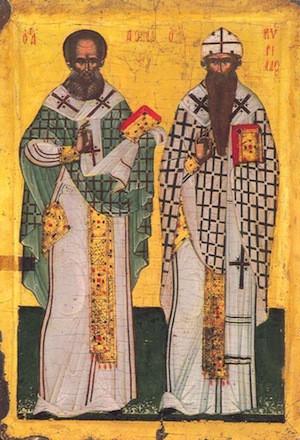 Our Holy Fathers Athanasius and Cyril, Archbishops of Alexandria are honored by the Church today.
Our Holy Fathers Athanasius and Cyril, Archbishops of Alexandria are honored by the Church today.